Finances and Permaculture design
joel_bc
20 years ago
Related Stories

DESIGN PRACTICEDesign Practice: Start-up Costs for Architects and Designers
How much cash does it take to open a design company? When you use free tools and services, it’s less than you might think
Full Story
KITCHEN DESIGNEcofriendly Kitchen: How to Choose Flooring
Conserve natural resources and your long-term finances by choosing kitchen flooring materials with durability and beauty
Full Story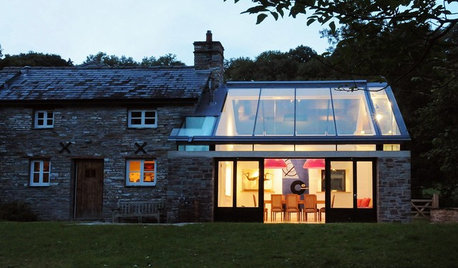
BUDGETING YOUR PROJECTDesign Workshop: Is a Phased Construction Project Right for You?
Breaking up your remodel or custom home project has benefits and disadvantages. See if it’s right for you
Full Story
WORKING WITH AN INTERIOR DESIGNER5 Qualities of a Happy Designer-Client Relationship
Cultivate trust, flexibility and more during a design project, and it could be the beginning of a beautiful alliance
Full Story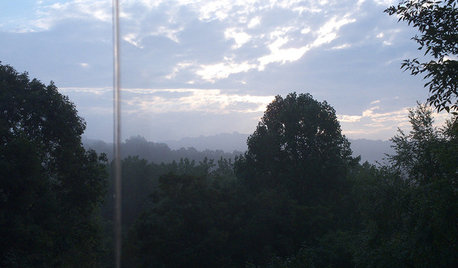
ARCHITECTURE4 Things a Hurricane Teaches You About Good Design
When the power goes out, a home's design can be as important as packaged food and a hand-crank radio. See how from a firsthand account
Full Story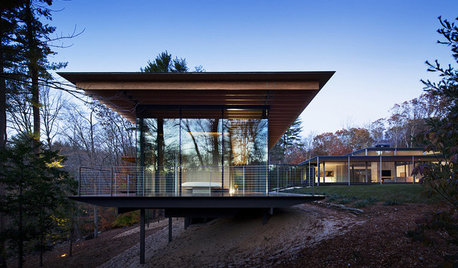
ARCHITECTUREDesign Workshop: How to Make a Home Sit Lightly on the Land
Piers, cantilevers, towers and more can help minimize a home’s environmental impact on its site
Full Story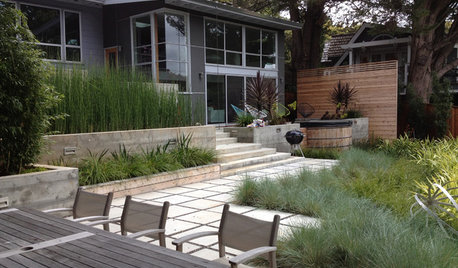
LANDSCAPE DESIGNThe Case for Functional Garden Design
Clear away the decoration to give every area of your garden a clear function
Full Story
LANDSCAPE DESIGN11 Design Solutions for Sloping Backyards
Hit the garden slopes running with these bright ideas for terraces, zones, paths and more
Full Story
DECORATING GUIDES13 Home Design and Decor Trends to Watch for in 2013
It's predictions ahead as we find out what's on the radar of designers and makers for the coming year
Full Story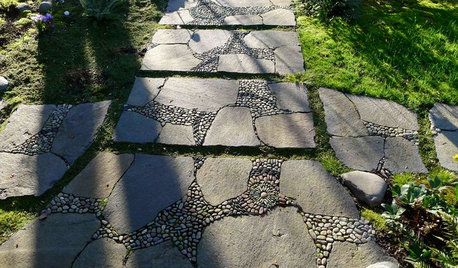
LANDSCAPE DESIGNHow to Design Garden Paths That Bring a Landscape to Life
We guide you through material and placement choices that will take your pathways from ordinary to extraordinary
Full StorySponsored






Belgianpup
joel_bcOriginal Author
Related Professionals
Ballwin Landscape Architects & Landscape Designers · Ferndale Landscape Architects & Landscape Designers · Pelham Landscape Contractors · Berkeley Heights Landscape Contractors · Commack Landscape Contractors · Middletown Landscape Contractors · New Brighton Landscape Contractors · Whittier Landscape Contractors · Tyngsboro Landscape Contractors · Four Corners Landscape Contractors · Oxon Hill Landscape Contractors · Milwaukee Siding & Exteriors · Menomonee Falls Siding & Exteriors · Bel Air Solar Energy Systems · Swansea Solar Energy Systemsseraphima
joel_bcOriginal Author
seraphima
joel_bcOriginal Author
Mayapple
joel_bcOriginal Author
Mayapple
hemnancy
polypod
Eric_Burke
joel_bcOriginal Author
polypod
joel_bcOriginal Author
polypod
shaxhome (Frog Rock, Australia 9b)
joel_bcOriginal Author
shaxhome (Frog Rock, Australia 9b)
hemnancy
shaxhome (Frog Rock, Australia 9b)
seraphima
joel_bcOriginal Author
seraphima
Eric_Vermont
danaann_nc
joel_bcOriginal Author
Eric_Vermont
joel_bcOriginal Author
HeatherDA
joel_bcOriginal Author
JasonInGaia
BelgianPupWA
joel_bcOriginal Author
sleepybee
bigeasyjock
joel_bcOriginal Author
overrocked
QsilvQ
joel_bcOriginal Author
QsilvQ
joel_bcOriginal Author
mid_tn_mama
EdenWest
joel_bcOriginal Author
joel_bcOriginal Author
pablo_nh
recluse
joel_bcOriginal Author
jredhead777